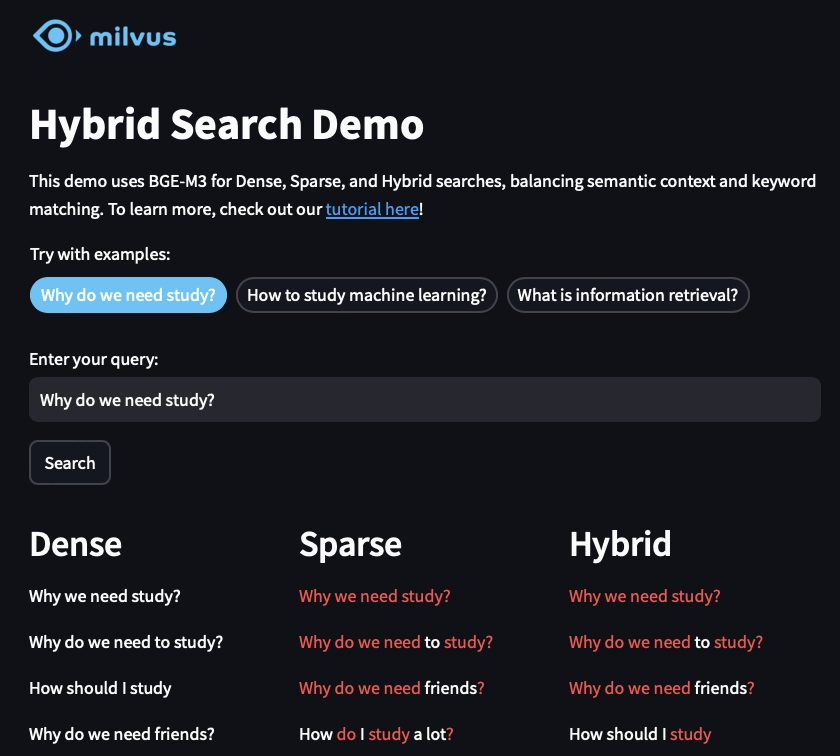User feedback improves search systems by providing real-world signals about what results users find relevant and useful. When users interact with search results—through clicks, time spent on pages, or bounce rates—the system gathers data to adjust rankings. For example, if a page receives many clicks but users quickly return to the search results (a high bounce rate), the algorithm may interpret this as the content not meeting expectations. Over time, patterns in this feedback help prioritize pages that consistently satisfy user needs. Developers can use these signals to refine ranking models, ensuring the system learns from actual usage rather than relying solely on static metrics like keyword matching.
Feedback also enables personalization by tailoring results to individual preferences. For instance, if a developer frequently clicks on documentation from a specific programming language (e.g., Python), the search system might prioritize Python-related resources in future queries. Explicit feedback mechanisms, such as thumbs-up/down buttons or surveys, offer direct input. A user reporting a broken link or irrelevant result gives the system actionable data to deprioritize that content. These adjustments are particularly useful in niche domains, like technical documentation, where generic algorithms might struggle to surface the right resources without user-specific context.
Another key benefit is resolving ambiguous queries. Take a search for “Java,” which could refer to the programming language, the island, or coffee. By analyzing which results users click for specific contexts, the system learns to disambiguate terms. For example, developers searching “Java lambda syntax” are more likely to click on programming guides, steering future rankings toward technical content. A/B testing further refines this process: if a new ranking strategy leads to longer session times or fewer repeated searches, it signals success. However, balancing feedback with other factors (like content freshness or authority) is critical to avoid overfitting to narrow preferences or introducing bias. This iterative process ensures search systems evolve to match real user needs.
